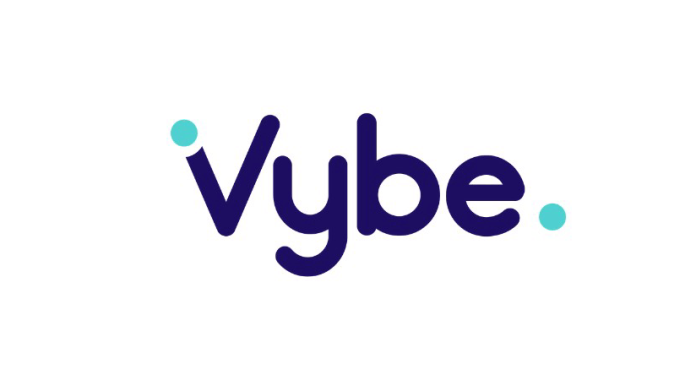Aiming to become “the go-to platform for Gen Z,” circular economy FinTech Twig has purchased Vybe.
The London-based FinTech firm founded on circular economy principles said in a news statement on Thursday (Dec. 22) that its acquisition of the supplier of teen banking services continues its development, which includes recent acquisitions of Loopster and Mobi.market in the United Kingdom.
“With the technology Vybe team constructed, we are able to offer our customers a more comprehensive range of services, including teen banking and financial literacy education,” said Twig CEO Geri Cupi in a statement. “We will be able to better serve the Gen Z audience and offer them with the tools they need to be successful in their financial life as a result of this.”
Twig has 1 million members as of Oct. 22, 15 months after its start. According to the press release, the company has received $40 million and has become the No. 1 FinTech app in Italy, the No. 2 app in the United Kingdom, and one of the top applications in the United States.
According to the statement, Twig intends to continue extending its reach and making an effect on the Gen Z market with the latest acquisitions.
“We are thrilled to be taking this step ahead and are convinced that it will allow us to reach even more clients,” Cupi said in a statement.
Twig secured $35 million in a Series A round 11 months ago, prompting this new purchase.
When the business announced the round of fundraising on Jan. 11, it stated that the funds will be used to expand in the European Union and the United States, as well as to extend its range of financial products.
Cupi stated in a June interview with that youthful buyers’ demand for sustainable, eco-friendly products and services is driving a “tectonic” shift in how merchants operate, with many adding circular payment options that are kinder and gentler to the environment.
“After our users cash out things, they frequently utilize some of this revenue to buy more experiences or pay for education,” Cupi explained.











